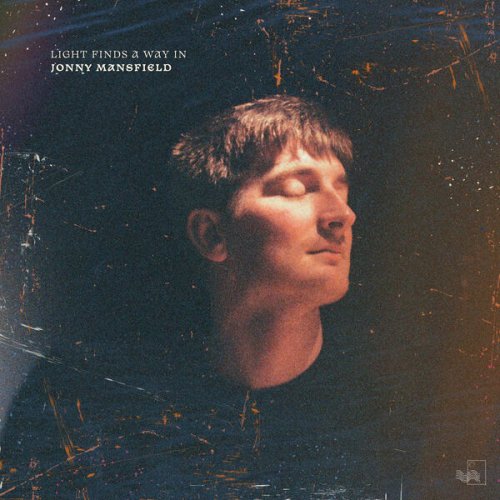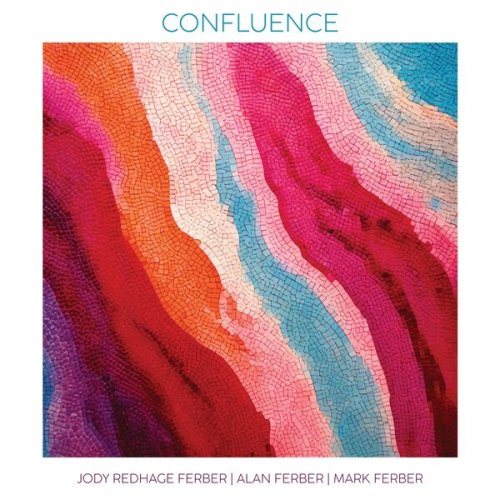Orchestre de L’Opera de Lyon, John Eliot Gardiner - Gluck - Iphigenie en Tauride (1985)
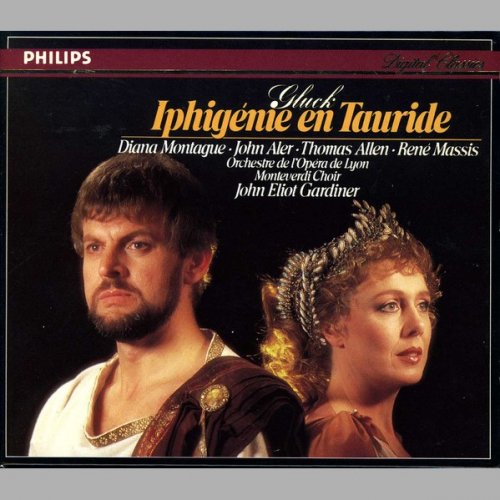
Artist: Orchestre de L’Opera de Lyon, John Eliot Gardiner
Title: Gluck - Iphigenie en Tauride
Year Of Release: 1985
Label: Philips Classics
Genre: Classical, Opera
Quality: FLAC (image+.cue,log,scans)
Total Time: 59:32 + 42:45
Total Size: 468 Mb
WebSite: Album Preview
Tracklist: Title: Gluck - Iphigenie en Tauride
Year Of Release: 1985
Label: Philips Classics
Genre: Classical, Opera
Quality: FLAC (image+.cue,log,scans)
Total Time: 59:32 + 42:45
Total Size: 468 Mb
WebSite: Album Preview
CD 1:
Act 1
1. Scène 1. Introduction et choeur. "Grands Dieux ! soyez-nous secouables" 07:04
2. Récitatif. "Iphigénie, ô ciel!" - Choeur. "O songe affreux!" - Récitatif. "O race de Pélops!" 06:30
3. Air. "O toi qui prolongeas mes jours" - Choeur. "Quand verrons-nous tarir nos pleurs?" 04:27
4. Scène 2. Récitatif. "Dieux! le malheur en" - Air. "De noir pressentiments" 02:53
5. Scène 3. Choeur. "Les Dieux apaisent" - Récitatif. "Dieux! étouffez en moi" - Scène 4. Récitatif. "Et vous, à vos Dieux" - Choeur. "Il nous fallait du sang" 03:09
6. Ballet - Scène 5. Choeur. "Il nous fallait du sang" 03:49
Act 2
7. Scène 1. Récitatif. "Quel silence effrayant!" 02:38
8. Air. "Dieux qui me poursuivez" - Récitatif. "Quel langage accablant" 02:35
9. Air. "Unis dès la plus tendre enfance" 03:58
10. Scène 2. Récitatif. "Etrangers malheureux" - Scène 3. Récitatif. "Dieux protecteurs" 02:27
11. Air. "Le calme rentre dans mon coeur" 02:13
12. Scène 4. Pantomime - Choeur et danse. "Vengeons et la nature et les Dieux" 02:49
13. Scène 5. Récitatif. "Je vois toute" - Scène 6. Choeur. "Patrie infortunée" 05:45
14. Air et choeur. "O malheureuse Iphigénie!" 04:29
15. Récitatif. "Honorez avec moi" - Choeur. "Contemplez ces tristes apprêts" - Air. "O mon frère"
CD 2:
Act 3
1. Scène 1. Récitatif. "Je cède à vos" - Air. "D'une image, hélas! trop" - Scène 2. Récitatif. "Voici ces captifs" - Scène 3. Récitatif. "O joie inattendue!" 05:18
2. Trio. "Je pourrais du tyran tromper la" - Scène 4. Récitatif. "O moment trop heureux!" 04:08
3. Duo. "Et tu prétends encore que" - Récitatif. "Quoi! je ne vaincrai pas " 04:39
4. Air. "Ah! mon ami, j'implore ta pitié" - Duo. "Pylade! - Ah! mon ami, j'implore ta pitié" 02:21
5. Scène 5. Récitatif. "Malgré toi, je saurai" - "Quoi? toujours à mes voeux" - Scène 6. Récitatif. "Puisque le ciel à vos jours s'intéresse" 03:34
6. Scène 7. Air. "Divinité des grands âmes" 01:57
Act 4
7. Scène 1. Récitatif. "Non, cet affreux devoir" - Air. "Je t'implore et je tremble" 03:54
8. Scène 2. Choeur. "O Diane sois-nous" - Récitatif. "La force m'abandonne" 04:02
9. Hymne. "Chaste fille de Latone" 01:59
10. Récitatif. "Quel moment! Dieux puissants" - Scène 3. Récitatif. "Tremblez! tremblez!" 04:27
11. Scène 4. Air. "De tes forfaits la trame" - Récitatif. "Qu'oses-tu proposer" - Scène 5. Récitatif. "C'est à toi de mourir!" - Scène 6. Récitatif. "Arrêtez!" 03:32
12. Scène 7. Récitatif. "Ta soeur! qu'ai-je entendu?" - Air. "Dans cet objet touchant" - Choeur final. "Les Dieux, longtemps en courroux" 02:46
Performers:
Iphigénie - Diana Montague
Oreste - Thomas Allen
Pylade - John Aler
Thoas - René Massis
1e Prêtresse - Nancy Argenta
2e Prêtresse - Sophie Boulin
Diane - Colette Alliot-Lugaz
Une Grecque - Danielle Borst
Un ministre - René Schirrer
Prêtresses
Jane Armstrong, Suzanna Flowers
Carol Hall, Lucinda Houghton
Nicola Jenkin, Jean Knibbs
Rachel Platt, Mary Seers
Monteverdi Choir
Orchestre de L’Opéra de Lyon
John Eliot Gardiner, conductor
This is the masterwork, Gluck's last important opera, which convinced the teenage medical student Berlioz, when he first heard it in 1821, that he had to be a composer. He worshipped Gluck and took his side in the phoney "Gluck vs.Piccini War". He set himself the task of sitting in the Conservatoire library to copy out the entire score in order to absorb its lessons. Its directness and drama influenced his artistic style his whole life through, as evinced by key points in "Les Troyens". Its popularity is witnessed by the fact that it was performed 400 times between its premiere in 1779, when Gluck was already 65, and 1829. It is indeed a marvellously compact and immediate creation and we are lucky to have some good recording choices before us.
There have been only three studio recordings of this important "reform opera" but most punters will choose between John Eliot Gardiner's 1985 studio version on Philips or the live recording by Minkowski in 1999. The adventurous who don't give a fig for period practice might be drawn to the big-scale, big-band, big-voiced, live La Scala one, assembled from a series of performances in 1992. Obviously this is with a large modern orchestra - although it is worth remembering that when Berlioz heard it in Paris, the band numbered a hefty 80. I do not understand some previous scathing reviews of this performance; it is what it is and there are options if you don't want it. Nor is the sound anywhere near as dire as one reviewer suggests with his absurd one star; it is of course perfectly listenable even if, by studio recording standards, the generous acoustic is a bit opaque and cavernous. As a result, Muti rushes his performers in search of excitement and it misses some of tender intimacy of the score - but by heck, it's thrilling in a way that eludes Minkowski. There are other recordings but I suggest that those are the three main contenders.
I am thus not as keen on the Minkowski performance for the same reason that I found his "Armide" lacking: his manner is often too slow and deliberate, which vitiates the drama. You certainly cannot say that of Muti, who thrashes the action for all it's worth. Gardiner has smaller forces but his phrasing is better sprung and more involving than Minkowski, who is sometimes plodding; by contrast, Gardiner makes a wonderful job of the opening storm, with its shrieking piccolos. Nor, for all that she has a beautiful voice, is Delunsch as striking as either Vaness or Diane Montague; the former is all wildfire and volume, the latter slimmer, clearer and very affecting, but lacking Vaness's punch. Remember, this was a Callas role and it needs real bite. All three recordings have superb baritones: Thomas Allen's lean, smooth voice features twice and Simon Keenlyside is equally beautiful. Similarly, all three have excellent tenors although I find John Aler's pure, light lyric tenor the most affecting; both in his arias and when he is singing in thirds with Allen, it is vocal heaven. Yann Beuron for Minkowski is almost as good and Gösta Winbergh, as you might expect from Muti's approach, sings out to a big house with heroic tone.
In short, all three recordings have their merits: remember, "baroque" means wild and extravagant, so you cannot just dismiss Muti's approach as crass but HIP purists who see Gluck as primarily an exponent of classical simplicity and restraint will go for the Minkowski, Traditionalist dinosaurs who want to hear Grand Opera - the direction in which Gluck was heading and Berlioz developed - will enjoy the Muti, but Gardiner represents the compromise or juste milieu between the two. Your choice.
There have been only three studio recordings of this important "reform opera" but most punters will choose between John Eliot Gardiner's 1985 studio version on Philips or the live recording by Minkowski in 1999. The adventurous who don't give a fig for period practice might be drawn to the big-scale, big-band, big-voiced, live La Scala one, assembled from a series of performances in 1992. Obviously this is with a large modern orchestra - although it is worth remembering that when Berlioz heard it in Paris, the band numbered a hefty 80. I do not understand some previous scathing reviews of this performance; it is what it is and there are options if you don't want it. Nor is the sound anywhere near as dire as one reviewer suggests with his absurd one star; it is of course perfectly listenable even if, by studio recording standards, the generous acoustic is a bit opaque and cavernous. As a result, Muti rushes his performers in search of excitement and it misses some of tender intimacy of the score - but by heck, it's thrilling in a way that eludes Minkowski. There are other recordings but I suggest that those are the three main contenders.
I am thus not as keen on the Minkowski performance for the same reason that I found his "Armide" lacking: his manner is often too slow and deliberate, which vitiates the drama. You certainly cannot say that of Muti, who thrashes the action for all it's worth. Gardiner has smaller forces but his phrasing is better sprung and more involving than Minkowski, who is sometimes plodding; by contrast, Gardiner makes a wonderful job of the opening storm, with its shrieking piccolos. Nor, for all that she has a beautiful voice, is Delunsch as striking as either Vaness or Diane Montague; the former is all wildfire and volume, the latter slimmer, clearer and very affecting, but lacking Vaness's punch. Remember, this was a Callas role and it needs real bite. All three recordings have superb baritones: Thomas Allen's lean, smooth voice features twice and Simon Keenlyside is equally beautiful. Similarly, all three have excellent tenors although I find John Aler's pure, light lyric tenor the most affecting; both in his arias and when he is singing in thirds with Allen, it is vocal heaven. Yann Beuron for Minkowski is almost as good and Gösta Winbergh, as you might expect from Muti's approach, sings out to a big house with heroic tone.
In short, all three recordings have their merits: remember, "baroque" means wild and extravagant, so you cannot just dismiss Muti's approach as crass but HIP purists who see Gluck as primarily an exponent of classical simplicity and restraint will go for the Minkowski, Traditionalist dinosaurs who want to hear Grand Opera - the direction in which Gluck was heading and Berlioz developed - will enjoy the Muti, but Gardiner represents the compromise or juste milieu between the two. Your choice.
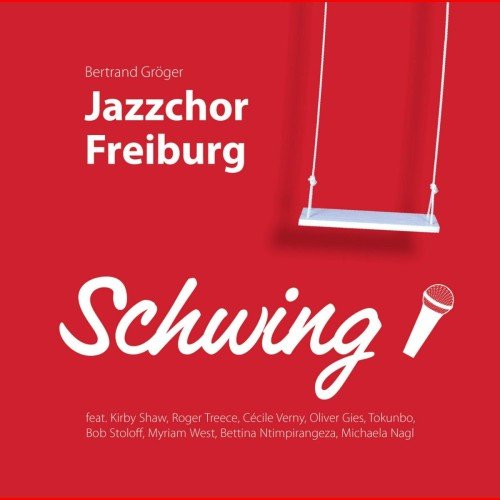
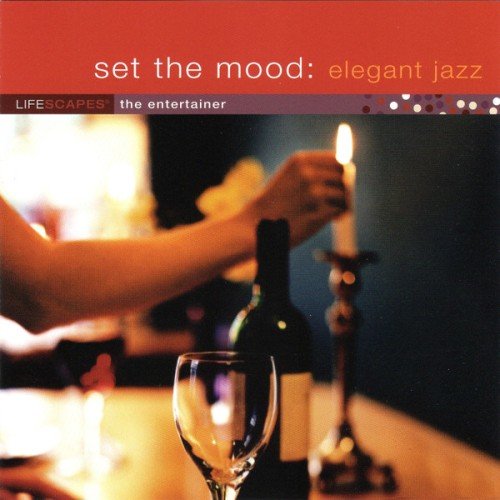
![Coco Chatru Quartet - Lost Christmas (2025) [Hi-Res] Coco Chatru Quartet - Lost Christmas (2025) [Hi-Res]](https://www.dibpic.com/uploads/posts/2025-12/1765719561_coco-chatru-quartet-lost-christmas-2025.jpg)
![Stephen McCraven - Wooley the Newt (2025) [Hi-Res] Stephen McCraven - Wooley the Newt (2025) [Hi-Res]](https://www.dibpic.com/uploads/posts/2025-12/1765906334_cover.jpg)

![Wadada Leo Smith - Divine Love (1979/2025) [Hi-Res] Wadada Leo Smith - Divine Love (1979/2025) [Hi-Res]](https://www.dibpic.com/uploads/posts/2025-12/1765802240_cover.jpg)
